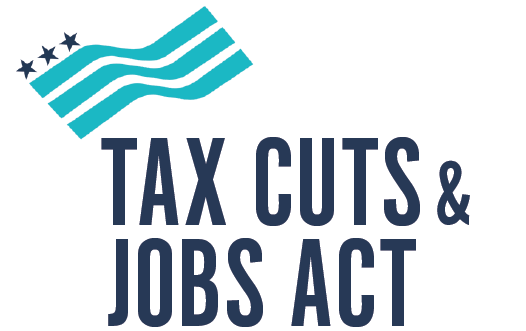Press Contact:
202-224-4515, Katie Niederee and Julia Lawless
Hatch: The Senate tax bill is exactly what the middle class needs
Hatch: The Senate tax bill is exactly what the middle class needs
For too long, middle-class Americans have struggled with stagnant wages, sluggish labor markets and economic growth well below the historic average. Much of the economic stagnation stems from our nation’s broken tax code, which has become too big, too complex and too antiquated to satisfy the needs of 21st-century Americans. Our tax code is a self-inflicted wound on our economy.
That’s why leaders in both the Senate and House, as well as the Trump administration, have been working together on comprehensive legislation to overhaul our tax system. Tax reform will provide relief and bigger paychecks to low- and middle-income families, make America a better place to start and grow a business, and allow American businesses to compete in the global marketplace.
Those are the primary objectives of the Senate’s tax plan, which we unveiled this week.
Under our proposal, a family of four with income around $73,000 — roughly the median last year — could see their federal income tax bill reduced by nearly $1,500, a decrease of nearly 40 percent, and a corresponding boost in take-home pay. Of course, with close to 150 million individual income-tax filers in the United States, there is substantial variation among individuals and families. Even among those with identical incomes, precise amounts of tax relief will vary. Without question, though, the Senate tax bill provides tax relief to the middle class, as promised.
By reducing individual tax rates across the board, doubling the standard deduction and expanding the child tax credit, our proposal would put real money in the pockets of working families to help them save for the future or just make ends meet. Our proposal also vastly simplifies the tax code by clearing away numerous special deductions, credits and the like, while preserving important deductions for things such as mortgage interest, charitable contributions and medical expenses. These changes unrig our code so it works for ordinary Americans — not special interests.
In addition, the Senate proposal would give a leg up to small businesses, which are engines of job creation in our economy, employing about half of all U.S. workers and responsible for significant amounts of job creation. Under the current system, most owners of small businesses that are not incorporated have to subject all of their income — both their regular compensation and their business income — to individual tax rates, as they “pass through” earnings from their businesses onto their personal tax forms. Our plan provides a simple way to give business owners a lower rate on their salaries, allows them to deduct from their taxable income a significant portion of their pass-through business earnings and protects against those trying to “game the system” by mischaracterizing one form of income as another to get a lower tax bill.
Make no mistake, tax reform for small business helps the middle class. The Senate plan will help small businesses expand, invest, increase wages and hire more workers, all for the benefit of middle-class Americans.
On top of that, our plan will lower our punitively high statutory corporate tax rate, currently the highest in the industrialized world, from 35 percent to 20 percent, bringing us below the average rate among our major trading partners. The lower corporate rate, coupled with enhanced abilities for companies to recover costs of investing in things such as equipment, will help boost investment, leading to higher productivity and wages. A lower corporate rate, by itself, means gains for workers, because corporate taxes drag down wages.
The Senate proposal also modernizes our international tax system, giving incentives, or “carrots,” to attract economic activity to the United States. It also provides “sticks” to patrol against companies eroding our tax base by moving capital, including intellectual property, to low-tax jurisdictions simply to lower their tax bills.
Our current business-tax system punishes U.S. companies for doing business and investing in the United States and, in many ways, pushes economic activity outside the country. It also gives significant advantages to foreign companies, which is why so many American businesses have been opting to become foreign companies themselves.
The existing tax code means less U.S. economic activity and pushes American jobs, production and intellectual property abroad. Overhauling our business-tax system will increase wages, create jobs, bring back capital and investment and make the United States an inviting place to do business.
These reforms — on both the individual and business sides — ultimately translate to significant benefits for American families. We have a historic, once-in-a-generation opportunity to take action to improve the lives of the middle class and to help America prosper. This is a time to pay attention to those Americans who have felt left behind in economic stagnation, by providing tax relief and economic opportunity. The Senate tax bill released this week does just that.

Click here to learn more about the Senate tax reform proposal.
###
Next Article Previous Article

